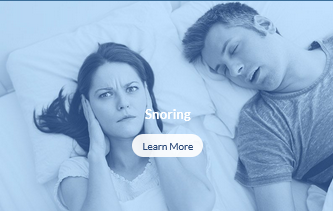
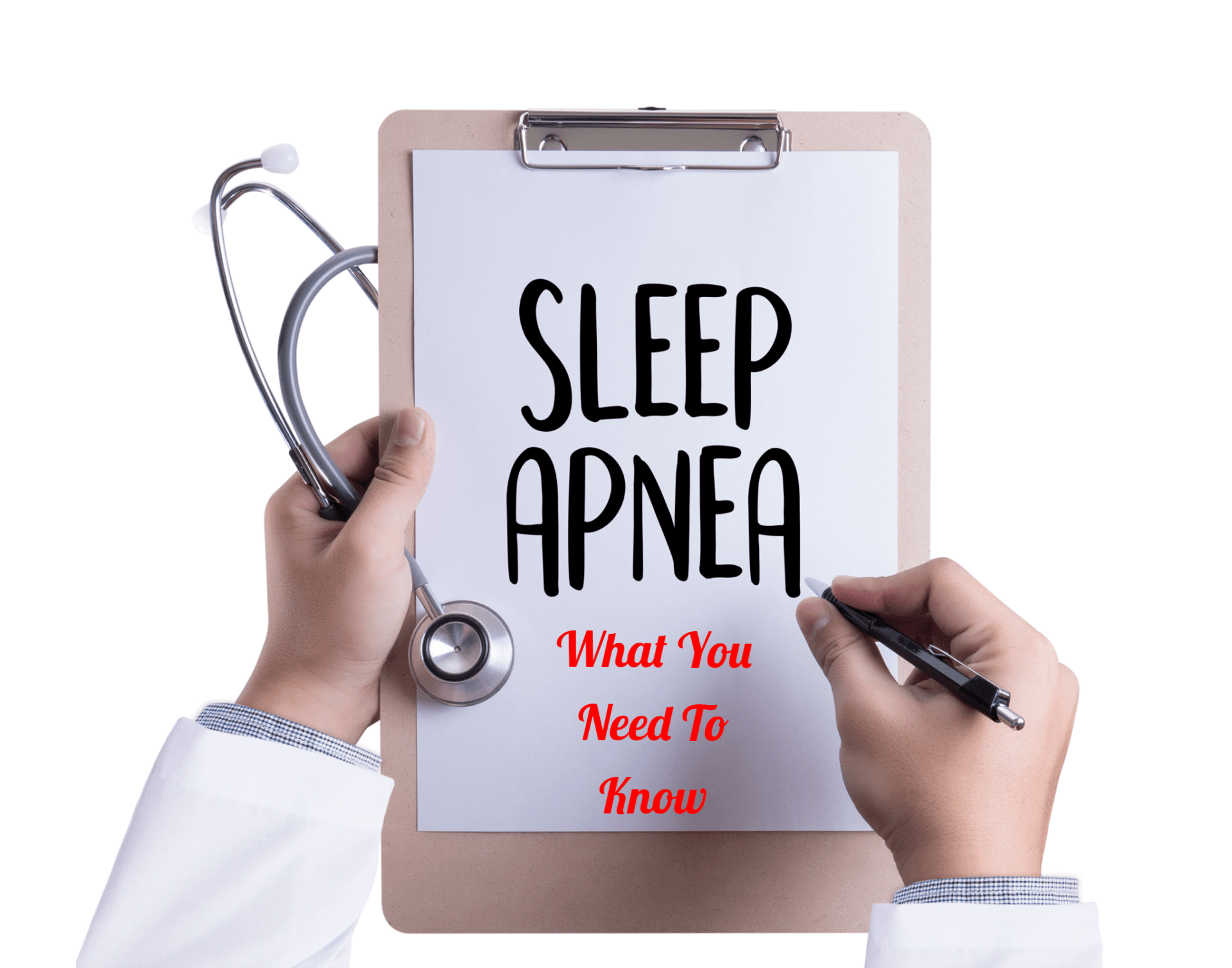
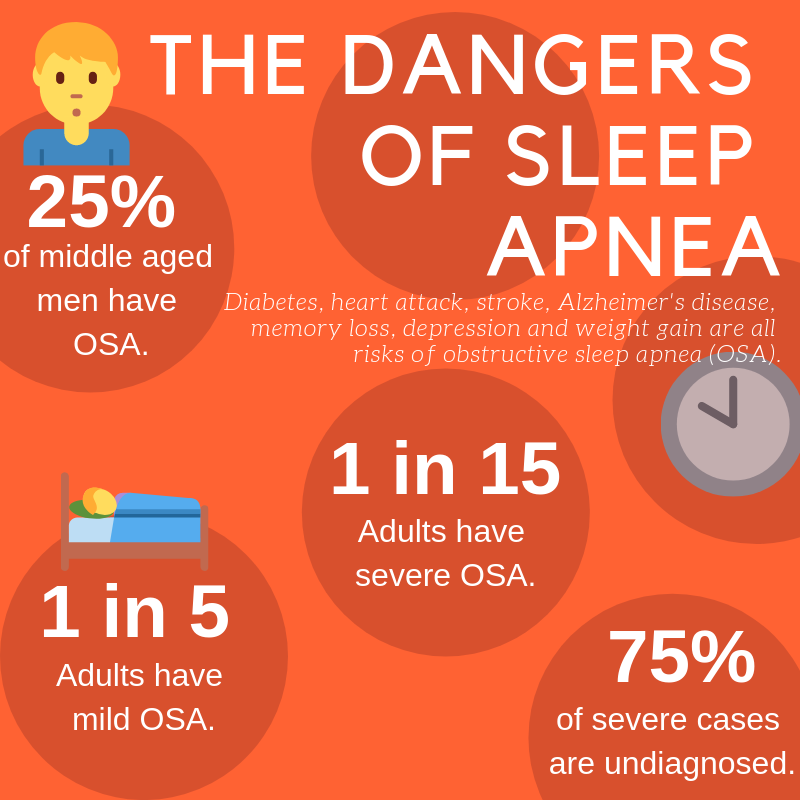
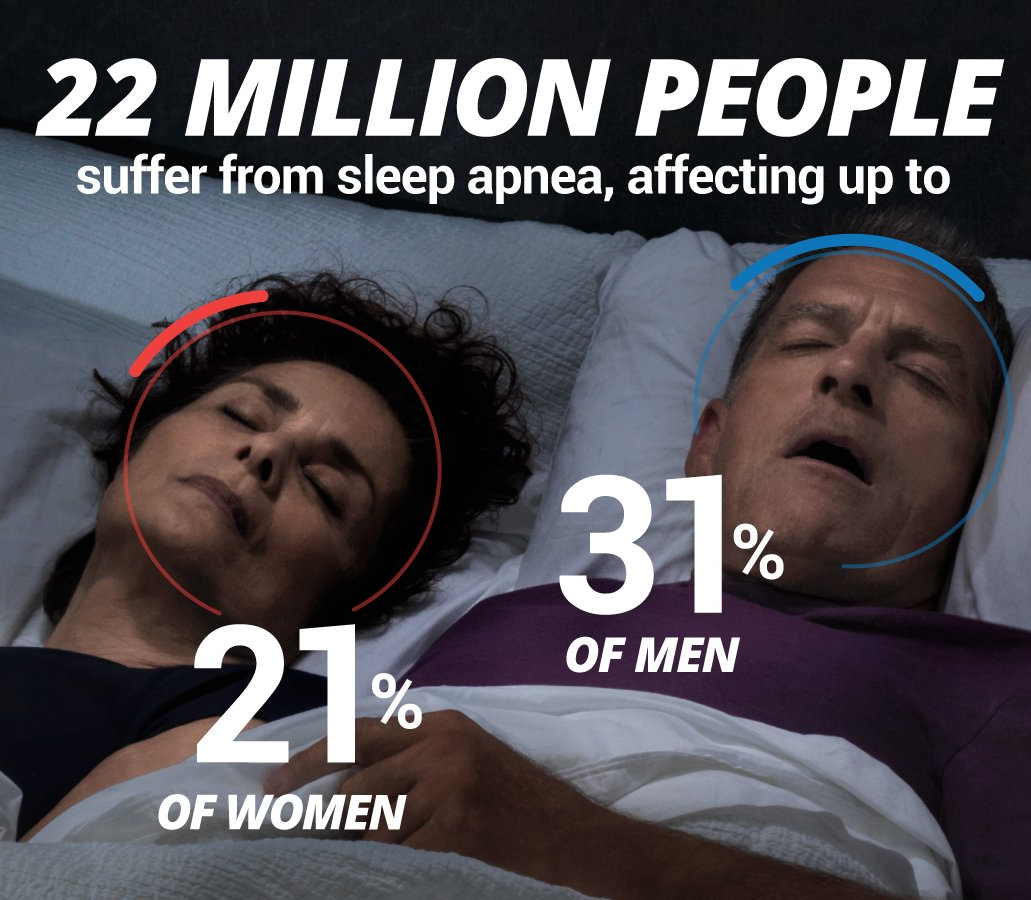
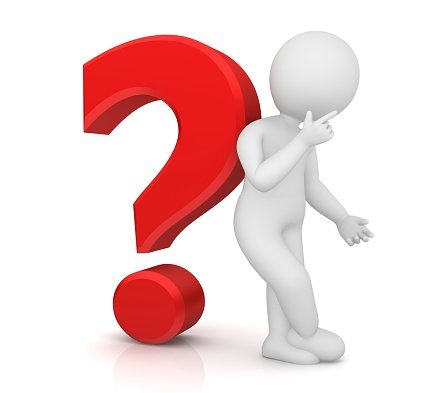
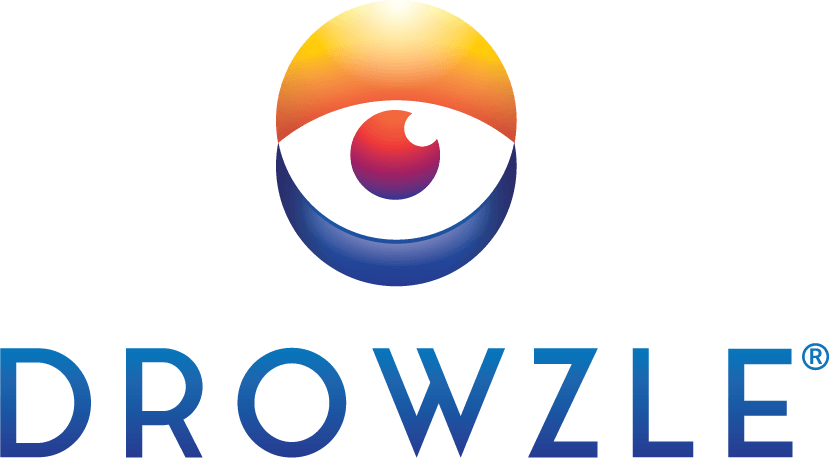
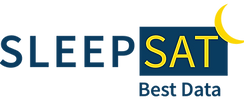
What is it ?
So, its a long story, but in October 2016 I started having severe difficulty sleeping. I'm a chronic asthmatic, so difficulty sleeping isn't something I'm new too, but this was different. Despite not feeling congested or having a chesty cough etc.., at the exact moment of falling asleep, I would stop breathing. I would then wake up in order to breathe, then fall right back to sleep, only to have the exact same thing happen, sometimes going on for hours every night. I have gotten used to getting up and trying to function on just 3/4 hours sleep, sometimes for weeks on end.
This has been going on for 15 months now, with some periods of respite now and then, and it's starting to really impact my quality of life in a very negative way. Over the past few weeks, I have been feeling exhausted and anxious, and have taken myself to the hospital twice feeling like I was on the brink of a full-blown panic attack, due to sleep deprivation, something I have never done before.
Obviously, when I first started having these problems, I attributed them to my chronic breathing problems, and spent the next year trying various inhalers, nose sprays, anti-histamines and anti-inflammatories to treat this, all under the supervision of a doctor, of course. I also had to use sleeping pills (normally night-time cough/cold medicine that didn't require prescriptions) every few days when things were getting really bad, but it was the only way I could get to sleep at night. Predictably, they left me waking up in the morning feeling lousy.
Things have been getting worse over the past 3/4 months, so I decided to ask my Dr. for a CPAP machine, which he approved after giving me a Sleep Test , more on the results of that later. So two weeks ago a started using a CPAP , an automatic Philips Respironics, top of the line machine apparently. I also got some sedatives to get me through the first few nights as I was feeling anxious and panicky due to the sleep deficit on which I had been operating for weeks.
Over the past few days, I have stopped using the sleeping pills as I have started feeling less panicky and only ever viewed them as a very short-term solution, while I got adjusted to pressurized oxygen. This week, I have started going to bed with just the CPAP machine, after having adjusted the settings to minimum pressure 10 and making sure the mask fit right. And the same thing keeps happening.
The best way to describe it is that your body "forgets" to breathe when you are in the transitional stage between wakefulness and sleep , and you have to wake up in order to breathe. I find myself feeling nice and sleepy (without taking any sedatives/sleeping pills), perfectly comfortable wearing the mask and receiving pressurized oxygen, but that even with the CPAP, my brain isn't sending signals to my respiratory system, forcing me to wake up every time I need to breathe.
After researching my symptoms, I came across a very specialized form of sleep apnea called Sleep-onset Central Apnea or Transitional Central Seep Apnea , and reading the symptoms, it sums up EXACTLY my experience. Namely, inability to take breath during the transitional stage of sleep and having multiple sleep apneas and the onset of falling asleep, that a CPAP can't necessarily fix.
Now back to the results of my sleep test: Another thing that is consistent with my symptoms and sleep-onset central apnea, is that hyperventilation or " Cheyne Stoking Breathing " occurs during sleep, as well as a significant drop in the level of oxygen in the blood. My sleep report described both of these symptoms, and also a lack of actual snoring, which is also consistent with central sleep apneas in general.
I've had to start taking the sleeping pills again and am worried that, after reading what I have read online, that there is very little known about effective treatments for this specific kind of apnea. Treatment normally involves going to see an army of expensive specialists who will require lots of expensive tests just to confirm the diagnosis, and none of whom can guarantee any effective treatment.
This sleep-onset central apnea has been causing lots of damage to my life for over a year now, but I always felt optimistic a solution would be found. The CPAP machine (which cost £1,000 out of my own pocket) was my last resort and had really hoped it would make things better for me. I'm now starting to feel apprehensive about my job, my future and whether taking sleeping pills and spending my days feeling like a zombie may be the best I can hope for. At the moment, it feels like it's either that or being sleep deprived and panicky.
I really, really would appreciate absolutely any insights/advice/experiences that anyone may have had with central sleep apnea, in particular, sleep-onset/transitional, as my apneas happen at this stage in the sleep cycle, rather than during deep sleep.
"Sleep-onset central sleep apnea is not uncommon phenomenon, and is usually regarded as a normal sleep pattern."
https://www.e-jsm.org/journal/view.php?number=91
If you're waking up because of it, it may be that the machine's response to your apnea is the culprit. The Respironics machines send a single 2cm pulse of air lasting one second after you have had an apnea for ten seconds, in order to detect if your apnea is central or obstructive. That can be enough to wake you while you're transitioning into sleep.
The Resmed machines use a different method. They send a 1cm oscillating pulse starting a 4 seconds and continuing until the apnea stops. With Resmed, if you enable a timed ramp (not an auto ramp), the pulsing won't occur at all until the ramp time is over, which can allow you to avoid the pulsing until you get to sleep. You can disable the pulsing entirely if you have a ResMed BiLevel in Bi-level mode and turn Easy-Breathe OFF. Even in Bi-Level mode, you can set the pressure to be the same, so that the machine is essentially as CPAP. Depending where in the sleep cycle the Central Events are occurring an Adaptive Servo Ventilation (ASV) may be required as an alternative to your CPAP or APAP. ASV is a non-invasive ventilatory treatment option created specifically for the treatment of adults who have obstructive sleep apnea and central and/or complex sleep apnea. It's one of the newer positive airway pressure (PAP) units on the market that continuously monitor the patient's breathing problems.
Sleep is a very complex issue and is not only variable from individual to individual but also variable from night to night for the same individual. Central Apneic events often can initially occur as a result of starting on a CPAP but usually go away or are reduced to insignificance after several weeks of use. Sleep Onset Central Events are a little different in that by definition they occur while trying to get to sleep - the problem often being that getting to sleep can occur over and over for those with fragmented sleep in that they can continually wake up which then creates the situation that they are continually returning back to the beginning stages or "Sleep Onset". There are so many occurring individual variables - so research and learn what you can but don't try to sort this out on your own - often times a referral to a sleep specialist is recommended as the best choice since they deal with this everyday in their practices.






